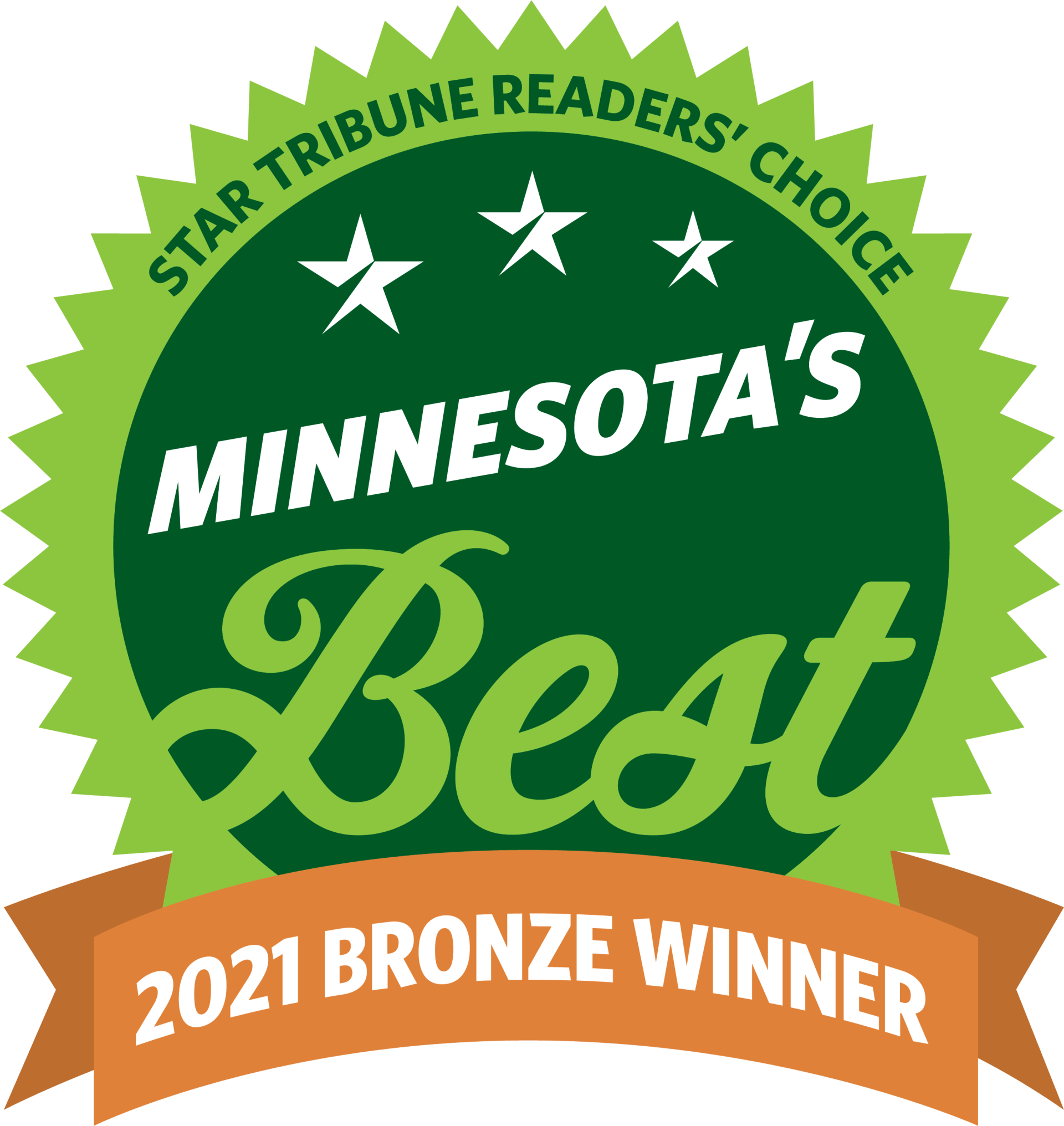FREQUENTLY ASKED QUESTIONS
Estate Planning Experts
The attorneys at Johnson Law Group, P.A.
have extensive experience in the area of estate planning. Our team will walk you through each step of the process, answering any questions you may have along the way. It is our goal to help you feel comfortable, safe, and confident when it comes to your estate plan. If you have more questions or would like assistance with your estate planning needs, contact us today.
FREQUENTLY ASKED QUESTIONS
Why Do I Need an Estate Plan?
Estate planning is about giving you peace of mind. It allows you to provide for the people who are most important in your life, even after you are gone. An estate plan allows you to control and protect your assets, and secure a means for the orderly transfer of your assets to your intended beneficiaries after your passing.
What Is Probate?
Probate is a court-supervised process that transfers title to assets from a deceased person to that person’s beneficiaries. Steps in the process include naming a personal representative or executor to manage the process, valuing the estate, determining beneficiaries, evaluating and paying claims, and transferring the remaining assets, with court permission, to the beneficiaries.
Why Might I Want to Avoid Probate?
The probate process lasts no less than six months and can last as long as several years. This time frame includes a waiting period of several months that is designed to allow creditors to make claims against the estate. Probate documents are public records, and settlement will generally require expenditure of substantial funds for court and attorney fees.
How Do I Avoid Probate?
There are several ways to plan for a probate-free settlement of your estate, but you must be proactive. Since planning is very different for each estate, it is important to work with an experienced law firm that can help you determine the plan that will work best for you, given your estate and family dynamics. Tools used in your planning may include trusts, beneficiary designations, and/or Transfer-on-Death Deeds.
What Is A Will?
A will is a legal document in which the maker states his or her final wishes, to be carried out by a probate court.
What Is A Trust?
A trust is a planning tool where a trusted person (the trustee) holds and manages assets placed in the trust by the creator of the trust (the settlor), under the settlor’s rules, for the benefit of the trust’s beneficiaries, who are chosen by the settlor. Trusts are commonly used in estate planning to allow for continuous control of assets during the settlor’s lifetime and after the settlor’s death, without the need for probate.
What Is A Revocable Living Trust ?
A Revocable Living Trust is a trust that allows the settlor (as the initial trustee) to maintain full legal control over his or her assets in the trust while the settlor is still living and able. It also allows the settlor’s chosen successor trustee to take over and manage the assets for the settlor, if necessary, during the settlor’s lifetime, and distribute the assets to the settlor’s beneficiaries after the settlor’s death, all without the need for a court’s permission and oversight. A revocable living trust can generally be amended or revoked by the settlor at any time in the settlor’s lifetime.
What Is An Irrevocable Trust?
In contrast to a revocable trust, an irrevocable trust is one in which the settlor relinquishes ownership to and (usually) control over the assets he or she places into the trust. Under normal circumstances, an irrevocable trust cannot be changed by the settlor, the trustee or the beneficiaries of the trust. In rare cases, the terms of the trust may be amended if a change is agreed to by all parties involved, but this type of change generally requires permission by a court.
The information contained in this website is provided for informational purposes only and should not be construed as legal advice on any matter, nor does it establish an attorney-client relationship with any lawyer at Johnson Law Group, P.A.
BROWSE OUR WEBSITE
CONTACT INFORMATION
Toll Free: 844-443-6560
Monday - Friday: 9:00 am - 5:00 pm
Email: info@johnsonlawgrouppa.com
Content, including images, displayed on this website is protected by copyright laws. Downloading, republication, retransmission or reproduction of content on this website is strictly prohibited. Terms of Use
| Privacy Policy


